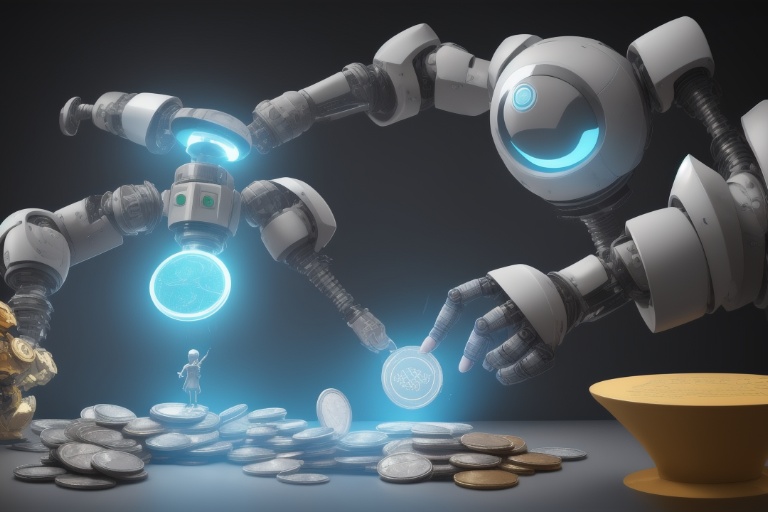Artificial intelligence (AI) stands at the forefront of technological innovation, driving unprecedented changes in a wide spectrum of industries. Far from being the stuff of science fiction, AI's practical applications are enhancing efficiency, productivity, and decision-making processes in tangible and significant ways. While AI itself has not been assigned a separate industry classification code, its influence permeates many sectors identified under the North American Industry Classification System (NAICS) Code 541715.
Artificial intelligence (AI) stands at the forefront of technological innovation, driving unprecedented changes in a wide spectrum of industries. Far from being the stuff of science fiction, AI's practical applications are enhancing efficiency, productivity, and decision-making processes in tangible and significant ways. While AI itself has not been assigned a separate industry classification code, its influence permeates many sectors identified under the North American Industry Classification System (NAICS) Code 541715.
The Impact of AI on Various Sectors
Healthcare
In the realm of healthcare, AI has proven to be a game-changer. Sophisticated diagnostic tools now assist medical professionals by rapidly analyzing images, detecting diseases early, and proposing appropriate treatment plans. Beyond diagnostics, AI is revolutionizing patient care – through chatbots and virtual assistants, patients receive immediate assistance and personalized interactions, improving their overall treatment experience.
Finance
The financial industry is tapping into AI for its predictive capabilities, offering insights into market trends, and providing safeguards through the detection of fraudulent activities. From streamlining credit scoring to managing personal wealth, automation is revolutionizing the sector. Robo-advisors, with tailor-made advice, are democratizing finance, making strategic financial planning accessible to a broader audience.
Manufacturing
AI in manufacturing spells innovation for predictive maintenance, reducing downtime, and enhancing quality assurance. The deployment of robots and automated systems in factories boosts output while keeping costs in check. Through these advances, the manufacturing sector is strengthening its competitive edge and redefining productivity.
Retail
Retail businesses are exploiting AI's capacity for personalization to deliver standout customer experiences. Dynamic pricing strategies and optimized supply chain management, powered by machine learning, help retailers to adapt more quickly to changing market conditions. Additionally, the insights garnered from customer data analytics are pivotal in refining marketing approaches.
Transportation
The transportation sector is harnessing AI to significantly improve safety, operational efficacy, and environmental sustainability. The development of autonomous vehicles promises to reduce traffic congestion, enhance road safety, and economize fuel consumption. In logistics, AI streamlines routing to achieve efficiencies that ripple through the entire supply chain.
Education
AI is a transformative force in education, crafting personalized learning journeys and facilitating intelligent tutoring systems. By adapting to the learning curves of each student and tracking their progress, AI-enabled platforms promise better educational outcomes. The automation of administrative tasks further frees educators to focus on what they do best: educate.
Customer Service
Customer service has been redefined by the introduction of AI-driven chatbots and virtual assistants. These tools provide timely support, answer inquiries, and efficiently resolve issues, all the while communicating in natural language to offer a seamless interaction. This revolution in customer support is raising expectations and standards across industries.
AI: A Catalyst for Industry Advancement
The extensive application of AI across diverse fields is a testament to its adaptability and potential for future innovation. With every industry it touches, AI is demonstrating its power to automate routine tasks, deliver deep insights, and refine decision-making practices. As technology progresses, the footprint of artificial intelligence is poised to expand, bringing with it an era of enhanced capabilities and opportunities.
By integrating AI technologies into business operations, companies are not only improving customer experiences and outcomes but also catalyzing an ethos of continuous improvement and innovation. Amidst these advancements, the transformative power of AI will remain a driving force across various sectors, redefining what is possible in the landscape of modern industry.
Information for this article was gathered from the following source.




